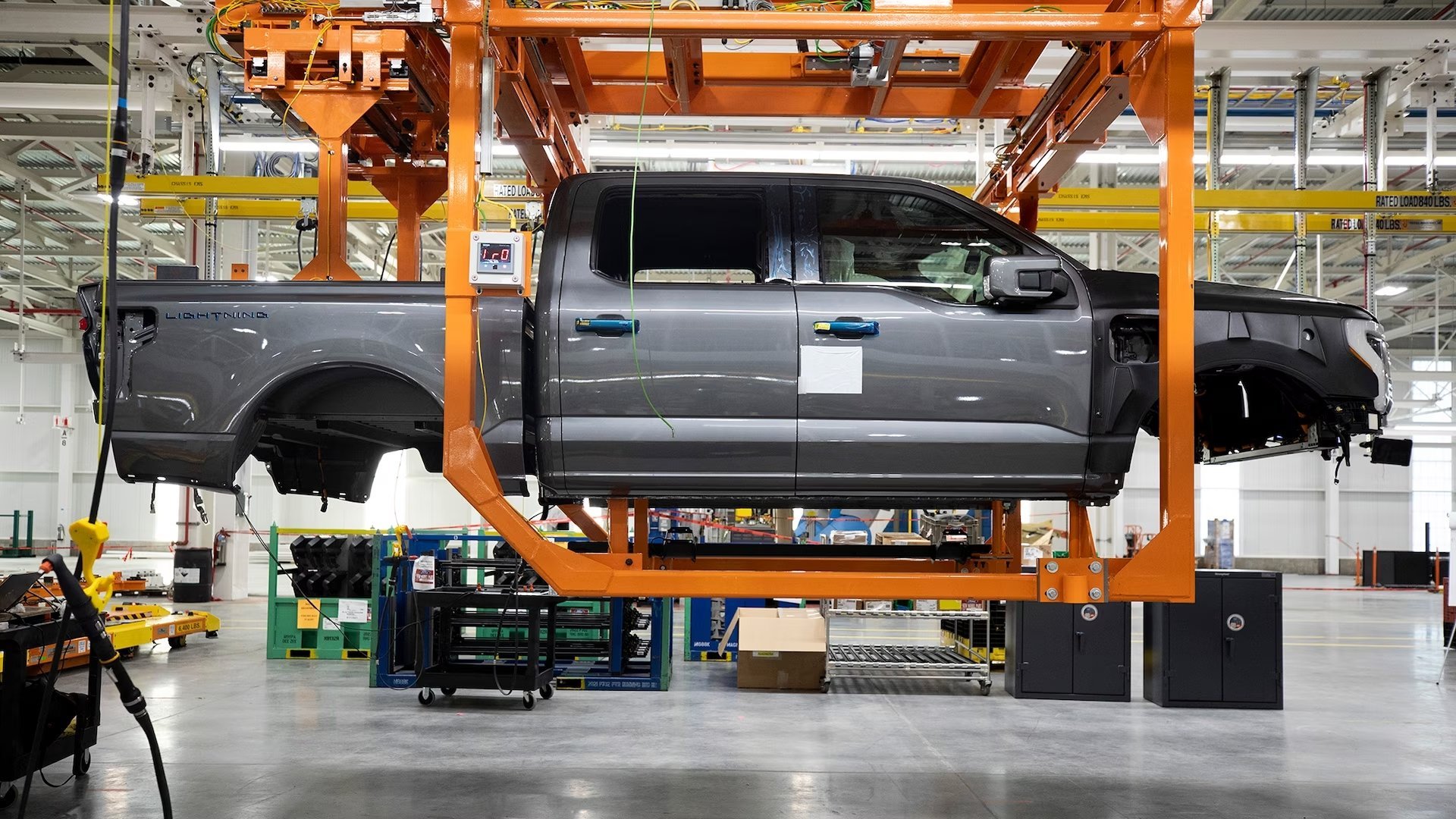UAW Negotiations and the Future of Automotive Workers
The impending expiration of the United Auto Workers (UAW) contract has ignited a series of intense dialogues and negotiations across the automotive sector, which includes big players like Ford.
The Electric Revolution: An Opportunity or a Threat?
The transition to electric vehicles (EVs) is undeniably causing a profound change in the automotive sector. Companies like Ford are at the forefront of this revolution. The transformation should ideally present a win-win situation for auto companies and their employees, as noted by President Joe Biden. Yet, amidst such a pivotal shift, concerns about job security are natural. The primary questions arise about whether these employees, including those at Ford, will have a proactive role in this new chapter and whether they'll receive pay scales that resonate with the evolving labor landscape.
Sponsored Ad
On the Table Demands
Reflecting the broader concerns of the sector, the UAW's demands are assertive. They're pushing for pay equity, aiming to dissolve distinctions in wage and benefit tiers. Amidst their call for substantial pay hikes, increased paid leave, and enhanced retiree provisions, lies their core intent: enhancing the living standards of their members, which includes numerous Ford employees. The union's push to reinstate guidelines, like the cost of living adjustments (COLA), underscores the challenges workers confront in an inflation-prone environment.
The Profit Formula
Negotiations have turned more fervent after recent disclosures spotlighted the staggering $21 billion in aggregate profits pocketed by the Big Three, including Ford, in the initial six months of 2023. The allocation of these gains becomes a focal point, especially when juxtaposed against hefty allocations to stock buyback endeavors. Shouldn't a significant portion be reinvested into the industry's future and its workforce, rather than disproportionately favoring shareholders?
The Big Three Weigh In.
General Motors showcased their comprehensive compensation and benefit offerings while reaffirming their allegiance to equitable negotiations. Their intent to stay dedicated to their workforce is evident through their profit-sharing scheme, which awarded considerable bonuses to hourly union-represented workers. Ford, in response to some UAW contentions, underscored that a large part of its workforce already commands top-tier wages. Meanwhile, Stellantis's stance orbits around economic pragmatism, arguing that acquiescing to all of the UAW's stipulations might imperil the firm's capacity to make judicious decisions on future employment stability.
What is at Risk from the Upcoming Strike?
Considering the UAW's resolute stance and a robust strike fund at their disposal, the likelihood of a strike looms large. Such a move might inflict hefty financial setbacks on automakers. The repercussions of the 2019 UAW strike on GM serve as a potent reminder.
These discussions, relevant to many including the Ford community, spotlight broader challenges faced by employees across varied sectors. The objective remains ensuring that the workforce remains enfranchised during market and sectorial shifts, fully equipped and empowered to thrive in emergent environments. The outcome of the UAW deliberations could very well set a benchmark not just for the automobile realm but also for other sectors grappling with analogous concerns. The unfolding of this chapter in the automotive industry's history is eagerly awaited.



